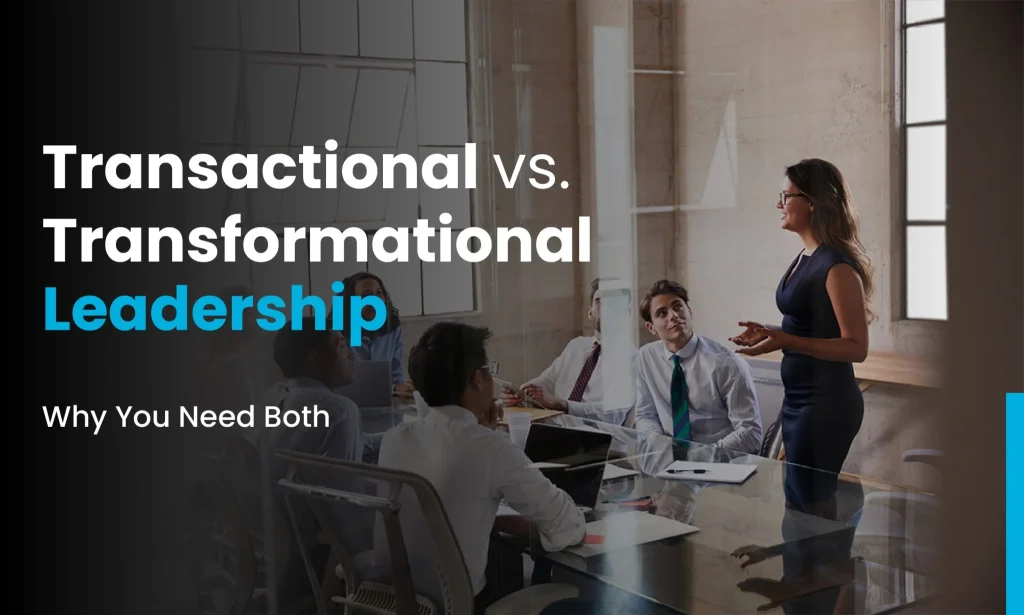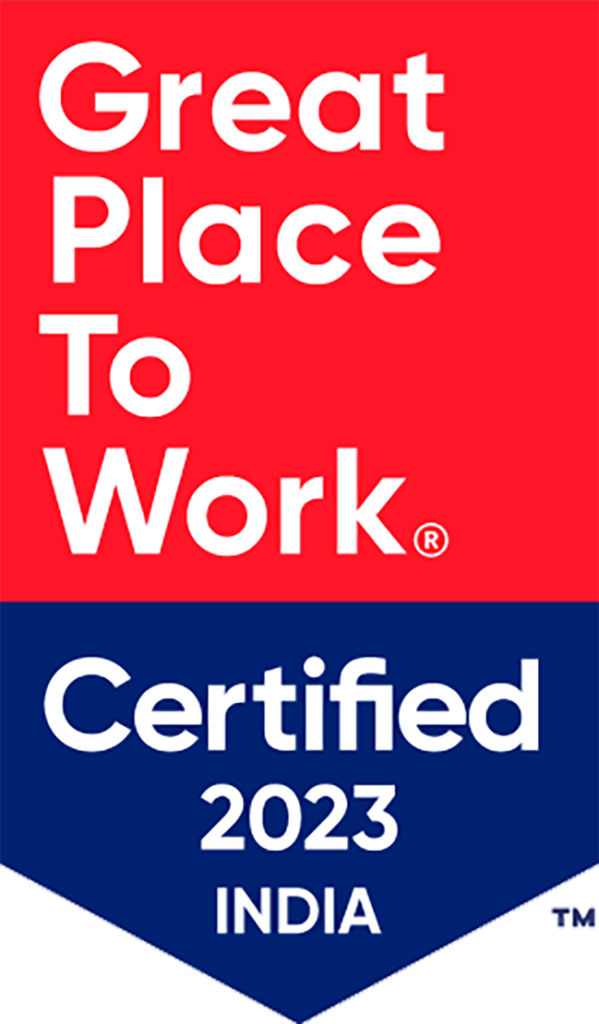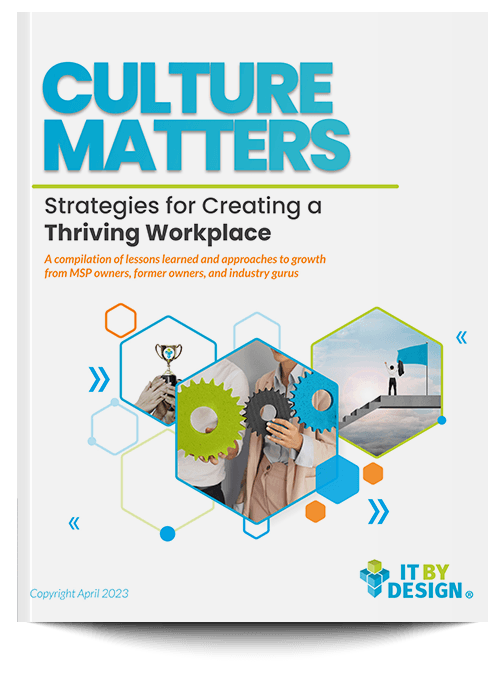We all remember it: The nervous, sick-to-your-stomach feeling when opening the admissions letter on decision day when we were choosing our higher education. For most of us, junior year of high school was filled with SAT prep work, school visits, and decisions about what we wanted to be when we “grow up.” It was an exciting and scary time.
Recently, as I was going through this process with my son, Rohan, I thought to myself, “Why don’t people in the workforce vet employers as well as kids do schools?” Hmmm… let’s think about that for a moment. What are the criteria that we’re looking for when choosing a school for our children that we can apply when choosing a new work home for ourselves?
I don’t know about you, but for me personally, culture is the number one driver in what I do. My mental health is important. I spend 8 to 10 hours of my day with these people. Yes, we may be working from home, but we’re still interacting and, if I’m unhappy somewhere, whether it’s the people I interact with every day or the organization values, then why am I there? Culture matters! People matter.
So what’s driving you to your next career move? Are you desperate and looking for a job? Or are you passionate about finding a new home? Are you currently sitting in an unhappy place and thinking about “What’s next?” We recently did a presentation on quiet quitting and, during our research, we learned that the entire situation, for lack of a better word, is a result of the whole employee not being “seen” when they’re at work. So here’s a list of questions that every person should be asking from their next employer. When you’re going to make a move, make sure you do your research.
1. What is your culture like?
If they fumble on this question, you know they probably don’t have one. If they ask you a clarifying question like “What do you mean?” they probably don’t have one. If they give you a list of core values, go ahead and ask them a follow-up question. What are the characteristics you would define for your core values? How do you determine if someone embodies those values? That’ll show you if they’re really serious about culture.
2. What is your policy on career growth?
This is a win-win question for you and the employer. You want to know if there is the ability for you to advance within the organization. Career growth is important. You’re committing yourself to this organization for the next few years (my magic number is always a minimum of three😊). When we’re looking at schools, we’re looking at the different programs they have. So why wouldn’t we look at the different programs for personal growth that an employer has? Do they have career development planning? Is there an internal job posting system? What kind of programs do they have for professional development training? Do they offer tuition reimbursement programs? If you are committing to an organization, don’t you want to be going to an organization that’s committing to you as well? If they invest back in your growth, that shows a true level of commitment.
3. What type of personal health programs do you have?
Yes, benefits matter, your health is important. But I’m not just talking about your medical contribution, 401K, dental, etc. I’m talking about additional programs that are focused on employee wellness. If we’ve learned nothing out of the pandemic, employers need to be more conscious of employee mental health. Employers with a good culture are focusing on ensuring that employees are not only being taken care of physically, but also mentally.
4. How is compensation determined and do you have a standardized raise and bonus program?
We aren’t naive, money is important. But so is this sense of equality and fairness. Companies with a good culture have a standardized bonus system. Most will also have scorecards based incentive programs along with a standardized raise structure. That doesn’t mean if you feel like your work should be compensated more if you can’t ask; it just means that they have intentionally created a system where there is fairness across the board for all team members. Hard work will always be rewarded in these structures.
I always recommend that you do research on the company before you get an interview. Not just an overview of services, but dig deep into their website. Do they have a corporate responsibility program? What is their DEI statement? What are they doing for their employee culture?
If it’s important to them, it’ll be on their website. Don’t be fooled by pretty job ads and a high base salary. Dig deep and make sure that you do the right research when picking your next employer. The last thing you want to do is jump from employer to employer. I call it career suicide. If we see candidates who have jumped from employer to employer and haven’t stayed anywhere for less than two years. We don’t even interview them.
So think twice regarding your next move. If you’re in an unhappy situation right now, also start thinking: What’s important to you? How much do you value yourself? Are you in your current happy place? If not, start thinking. Oh, and shameless plug, ITBD has all of the above employee programs and much more.
For more content like this, be sure to follow Build IT by ITBD on LinkedIn and YouTube, check out our on-demand learning platform, Build IT University, and be sure to Register for Build IT LIVE, our 3-day education focused conference, September 9-11 in Orlando, FL!








